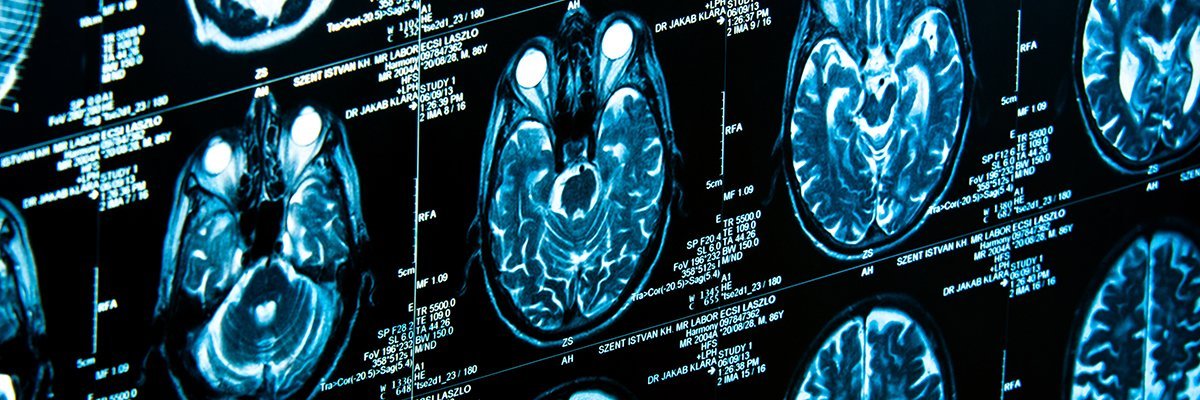
AI Unlocks New Possibilities in Medical ImagingAI Unlocks New Possibilities in Medical Imaging Artificial intelligence (AI) is revolutionizing the field of medical imaging, unlocking unprecedented possibilities for disease diagnosis, treatment planning, and patient care. Here are some of the key ways AI is transforming medical imaging: Automated Image Analysis: AI algorithms can analyze medical images with remarkable speed and accuracy, performing complex tasks such as detecting abnormalities, quantifying lesions, and segmenting organs. This automation frees up radiologists to focus on more complex tasks, reducing turnaround time for diagnoses and improving diagnostic accuracy. Improved Disease Diagnosis: AI models can be trained to identify patterns in medical images that are invisible to the human eye. This allows for earlier and more precise diagnoses of a wide range of diseases, including cancer, cardiovascular disease, and neurological disorders. Personalized Treatment Planning: AI-powered imaging analysis can help create personalized treatment plans for individual patients. By analyzing medical images, AI algorithms can determine the optimal dose of medication, surgical approach, or radiation therapy. This tailored approach improves treatment outcomes and reduces side effects. Patient Monitoring and Prognosis: AI-enabled imaging can be used to monitor disease progression and predict patient outcomes. By tracking changes in medical images over time, AI algorithms can identify deteriorating conditions or predict future events, enabling early intervention and proactive management. Drug Discovery and Development: Medical imaging plays a crucial role in drug discovery and development. AI-powered image analysis can accelerate the process by analyzing data from preclinical trials, identifying promising drug candidates, and predicting the efficacy and safety of new treatments. Reduced Cost of Healthcare: AI-enabled medical imaging can reduce healthcare costs by improving efficiency and reducing the need for costly procedures and hospital stays. Automated image analysis can also reduce the number of unnecessary biopsies and surgeries, saving patients time, stress, and expenses. Future Outlook: The integration of AI in medical imaging is expected to continue to grow in the coming years. AI-powered imaging tools will become more sophisticated, allowing for even more accurate and personalized diagnoses and treatments. By unlocking new possibilities, AI has the potential to significantly improve the quality and efficiency of healthcare, ultimately benefitting patients worldwide.
Posted inNews